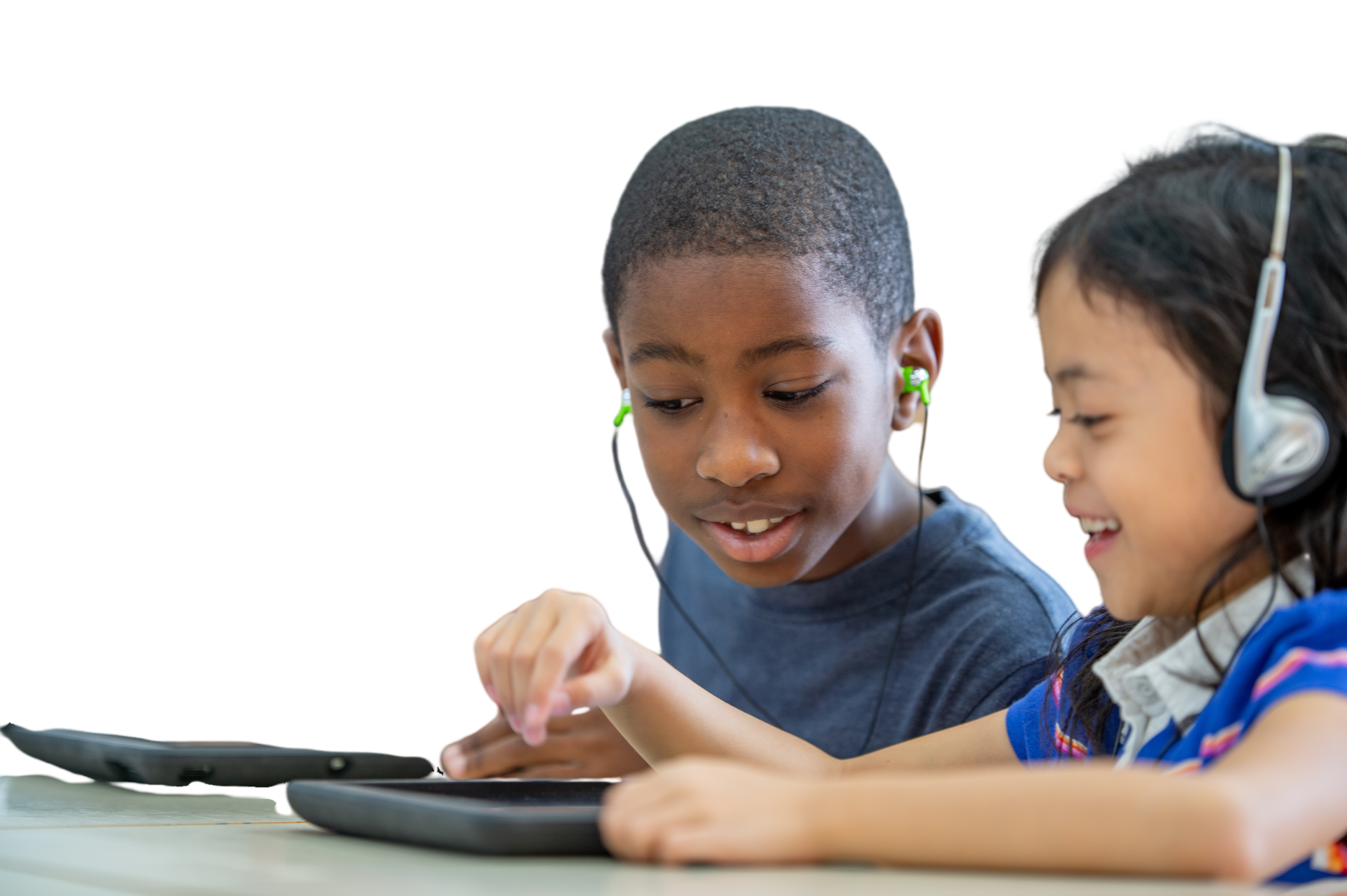
How to Respond to Failure
Failure is a part of life. As much as we'd like to see our kids succeed in everything they do, there will be moments when they run into setbacks. Though it's hard for us to watch our kids mess up, it's a crucial part of life, and the best we can do for them is to let them fail but also teach them how to get back up. Here are 3 tips on how to respond to failure and turn them into teachable moments.
Expert Tip #1: Validate their Feelings

With failures and setbacks come lots of emotions. It's natural for our kids to feel upset, sad, frustrated, and even angry. Even we, as parents, feel all those emotions when things don't turn out the way we expected. It's perfectly normal for them to feel the way they do, so validate their emotions. Let them talk about it and process it. For those with younger kids, put a name to the emotion. Sometimes, when we put a name to a complex emotion, it becomes less scary and overwhelming.
Expert Tip #2: Respond Positively

Make sure your kids still feel the love, especially during these moments. When we respond positively to their failure, it pushes them to realize that failure is not actually a bad thing. There is nothing wrong with failure. When they adopt this viewpoint that failure is not a bad thing, they'll become kids who fearless run towards challenges, unafraid to fail and encounter setbacks. Help them develop a growth mindset, and they'll become resilient kids.
Expert Tip #3: Brainstorm Next Steps

Once all the feelings are acknowledged and addressed, take a chance to turn these moments of failure into teachable moments. A huge part of failing is learning how to get back up and move on. Take time to brainstorm together and figure out what went wrong. Sometimes your kids might not know what went wrong, help guide them through this critical thinking process. Don't explicitly tell them exactly what they can do better next time. Instead, help guide them to a solution or alternative. Remember, kids don't always like being told exactly what to do. So make sure these moments are collaborative.
How to guide them to think of next steps:
- What do you think went wrong?
- What do you want to happen?
-
What do you think you can do instead to get the result you want?
- Sometimes when this happens to me, this is what I like to do ______.
Additional Parenting Resources:






 Most Popular
Most Popular
